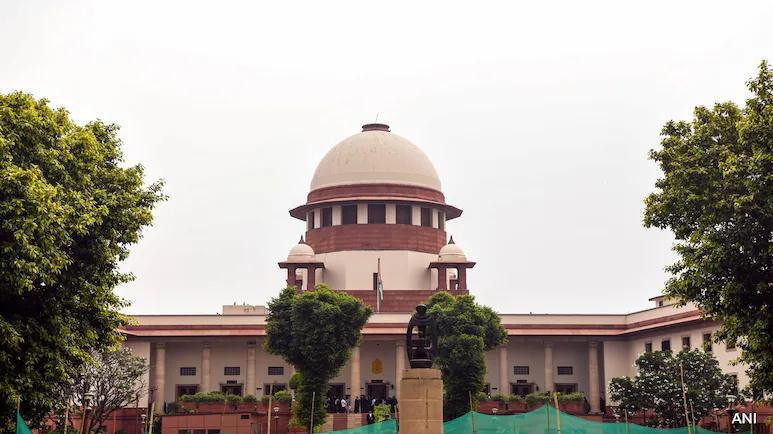
Govt Warns of “Constitutional Chaos” Over SC’s Deadline Order for President, Governors
In a recent development that has sent shockwaves across the political spectrum, the Indian government has expressed its strong reservations against the Supreme Court’s order prescribing a timeline for the President and Governors to clear bills. The Centre has warned that the order could lead to “constitutional chaos” and undermine the separation of powers between the legislative, executive, and judicial branches of the government.
The Supreme Court had earlier issued an order, directing the President to clear bills within a three-month deadline and Governors to do so within a month. However, the government has taken a diametrically opposite stance, arguing that such a timeline would amount to the government’s organ usurping powers that aren’t vested in it.
According to sources, the government has sent a letter to the Supreme Court, expressing its concerns over the order. The letter, which has been seen by NDTV, states that the government is committed to upholding the Constitution and ensuring the smooth functioning of the democratic system. However, it also emphasizes that the Supreme Court’s order could create a constitutional crisis and undermine the separation of powers.
The government’s concerns are rooted in the fact that the Constitution has entrusted the President and Governors with specific powers and responsibilities. While the President is responsible for giving assent to bills, Governors have the power to reserve bills for reconsideration or return them to the legislature with recommendations. Imposing a timeline on these constitutional functionaries could be seen as an infringement on their powers and independence.
Moreover, the government has argued that the Supreme Court’s order could create a situation where the President and Governors are pressured into clearing bills without due consideration, which could have far-reaching consequences for the country. The government has emphasized that the President and Governors have a constitutional duty to take decisions in the best interests of the country, and imposing a timeline could compromise their ability to do so.
The government’s stance has been welcomed by several opposition parties, which have accused the Supreme Court of overstepping its bounds. The opposition has argued that the Supreme Court’s order is an attempt to dictate the terms of governance and undermine the democratic process.
However, the Supreme Court has refused to back down, with a bench of judges stating that the government’s arguments were “untenable” and that the order was necessary to ensure the smooth functioning of the legislative process. The bench has expressed its willingness to hear the government’s concerns and has asked for a detailed response.
The controversy has sparked a heated debate over the role of the Supreme Court in the country’s governance. While some have praised the Court’s efforts to ensure the smooth functioning of the legislative process, others have criticized its decision as an overreach.
In conclusion, the controversy surrounding the Supreme Court’s order prescribing a timeline for the President and Governors has highlighted the complexities of the country’s governance system. While the government has warned of “constitutional chaos” if the order is not withdrawn, the Supreme Court has refused to back down, citing its duty to ensure the smooth functioning of the democratic system.
As the debate continues, it remains to be seen whether the government and the Supreme Court will be able to find a middle ground that balances the need for a functioning legislative process with the need to uphold the principles of democracy and the separation of powers.






